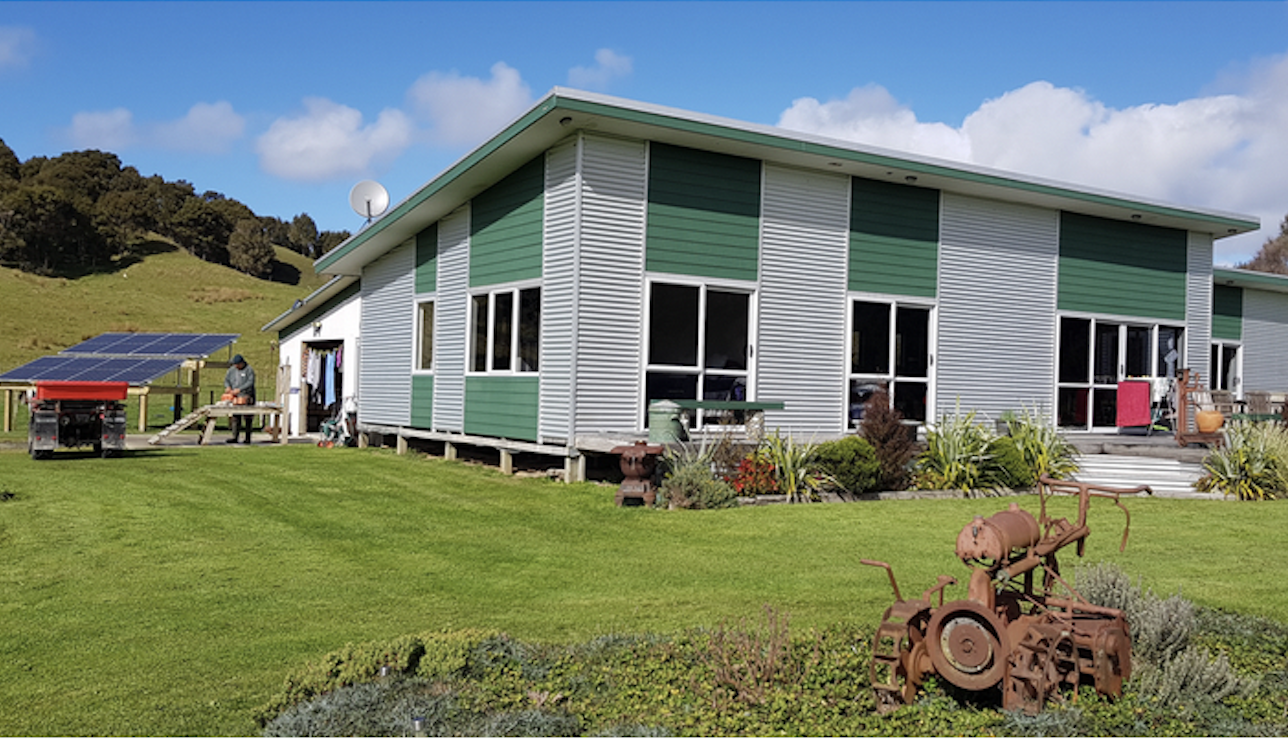Switching to solar power means clean, renewable energy, and ending your reliance on the grid. It also means going through some big lifestyle changes, but it doesn’t have to be a complicated or stressful transition.
If you are looking to make a smooth transition to solar power in an off-grid situation, one of the things you will want to do is learn how to optimise your power usage. Here are some lifestyle changes that you should take into consideration to get the best out of your off-grid solar power systems.
Be Conscious of What You Use
Solar panels can generate less energy during the winter months than summer. So during winter months, reduce the amount of power used around the house. You might do this by:
- Watching less TV.
- Turning off lights when you are not in the room.
- Unplugging electronics or turning off power strips when they’re not being used, as many devices do not completely turn off, and continue to use a small amount of power.
- Hanging your clothes to dry in the house instead of using a clothes dryer.
- Hand washing dishes instead of using a dishwasher.
Use Energy Efficient Items
A lot of appliances around your home may be using more energy than you think. Take a look around your home to see if there is anything you can switch out or improve to help you save energy.
- Switch out older appliances for modern ones where you can. Older appliances will typically be less energy efficient. Energy start ratings are a great guide for bigger items.
- Switch to LED lights.
- Reduce the use of high wattage items like hair dryers, ovens, and coffee machines.
Switch to LPG
LPG – it’s not just for the barbeque. Instead of using electricity, use LPG for water heating and cooking with a califont and gas cooker. Not only will you be saving your electricity, but gas burners are typically more energy efficient as well.
You can also look into evacuated tube solar for heating water, or a woodburner and wetback.
Click here for more info on what NOT to run on solar.
Keep Track of Your Power
Keep track of how much power your solar power system is producing and how much is stored in the batteries, so you know what you have available and if it looks like you might need to cut back. Also keep tabs on the amount of power you are using, both as a daily minimum (e.g. your your fridge/freezer and chargers), and for one-off items (hairdryers, microwaves). When you do this, you can be aware of how much energy you have available, how much you need in a day, and when you should cut back on using electronic devices.
-
Transitioning to solar power systems doesn’t have to be a chore, it just involves a few small lifestyle changes and a conscious attitude to power usage. Doing this means you can buy a significantly smaller kit than some companies might tell you need – read more on that here.
Check out our full range of off-grid solar kits here, and get in touch if you have any questions!


